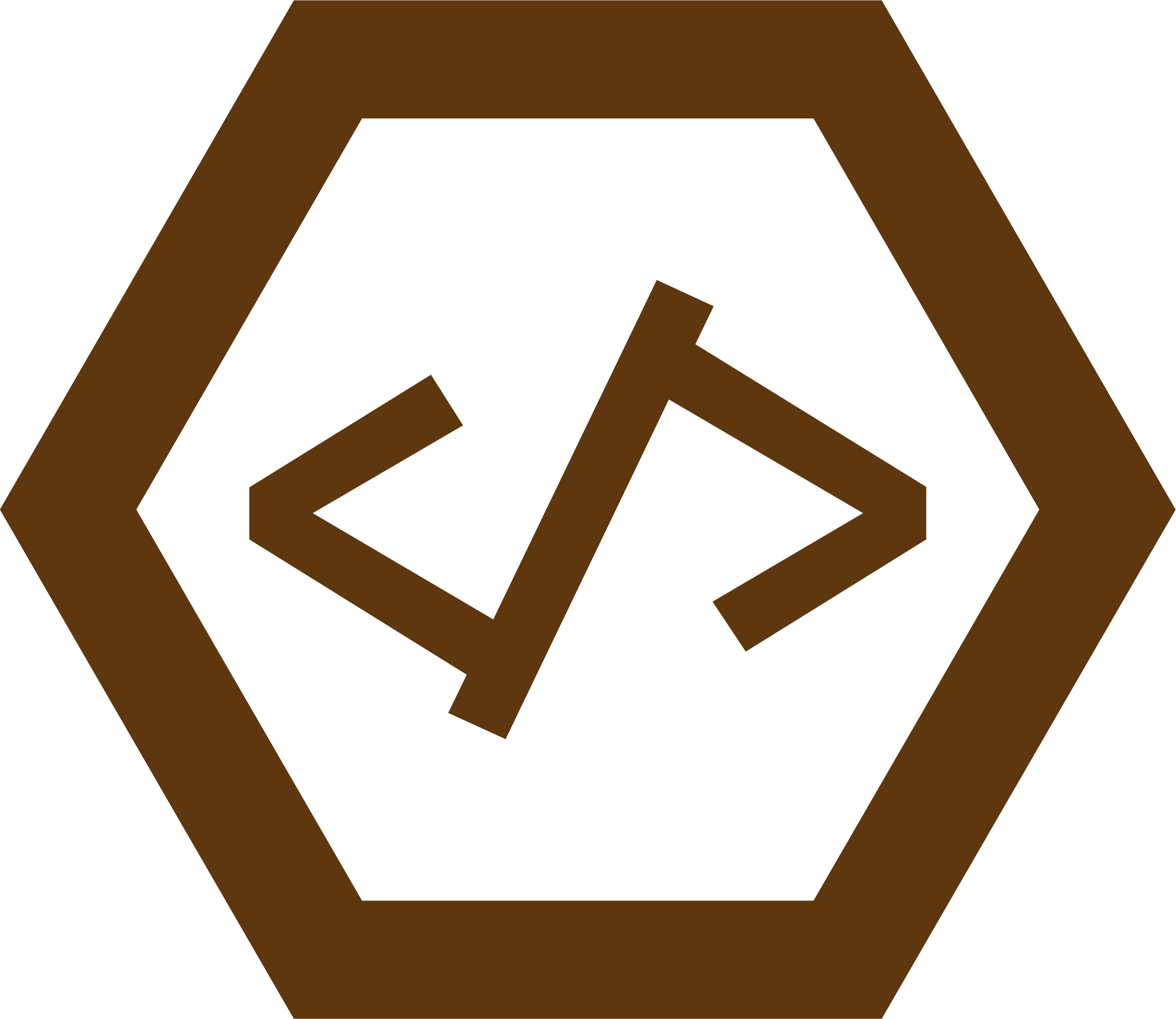The main problem with Stack Overflow is that it can be a very hostile environment for new users. This can make it difficult to get help, and can discourage people from asking questions.
1. import collections 2. 3. class Stack: 4. def __init__(self): 5. self._stack = collections.deque() 6. 7. def push(self, item): 8. self._stack.append(item) 9. 10. def pop(self): 11. return self._stack.pop() 12. 13. def is_empty(self): 14. return len(self._stack) == 0
1. This line imports the collections module.
2. This is an empty line.
3. This line defines a class called Stack.
4. This line defines a method called __init__, which is the constructor for the Stack class.
5. This line initializes an attribute called _stack as an empty deque object from the collections module.
6. This is an empty line.
7. This line defines a method called push, which takes an item as a parameter and appends it to the _stack attribute.
8. This line calls the append method on the _stack attribute and passes in the item parameter to add it to the end of the deque object.
9-10 These lines are empty.
11 This line defines a method called pop, which returns an item from the _stack attribute by calling the pop method on it.
12-13 These lines are empty
What is Stacoverflow
?
Stacoverflow is a Python library that provides a simple and convenient way to access the Stack Overflow API.
Stackoverflow alternatives
There are a few alternatives to Stackoverflow in Python.
1. Stack Overflow Questions – This is a question and answer site for developers, similar to Stack Overflow. It has a larger community and is more comprehensive.
2. Python Forums – This is another question and answer site for developers, similar to Stack Overflow. It has a smaller community but is more comprehensive.
3. Python Quora – This is a question and answer site for professionals in the Python community, similar to Stack Overflow. It has a larger community but less comprehensive than Stack Overflow or the Python Forums.
